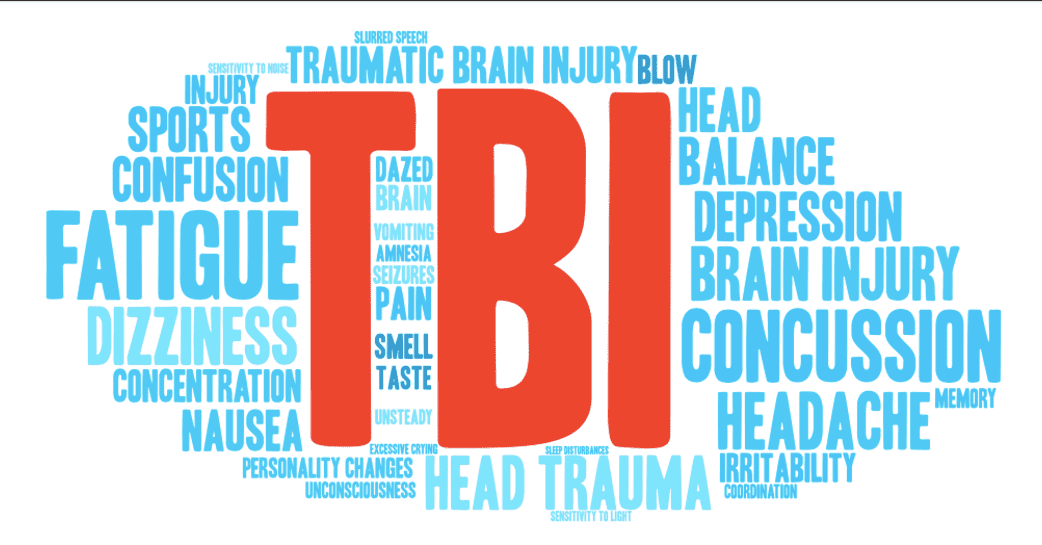Traumatic brain injuries are among the most common injuries in veterans serving in Iraq and Afghanistan. This guide will explain how the VA rates TBIs and what you need to do to get a successful claim. A strong TBI claim begins with a medical nexus, a statement linking the veteran’s disability to an in-service incident or exposure. A nexus statement will include detailed medical evidence.
Symptoms
TBI symptoms can vary based on the severity and cause of the injury. Mild TBIs may have few or no symptoms and can be treated with medications. However, moderate to severe TBIs can have long-term changes that interfere with daily activities. Symptoms can include headaches, seizures, loss of coordination, confusion, memory problems and slurred speech. In addition, the symptoms can affect mental health and emotional functioning.
Some TBI symptoms can also interfere with a person’s ability to maintain relationships and interact socially. This is especially true for those who suffer a severe TBI. They can have mood swings or drastic personality changes that can be very difficult to deal with. It is important to note that the symptoms of a TBI can overlap with other conditions, such as depression. However, veterans should not be rated for two different disabilities that have similar symptomology. This is called pyramiding and can result in a lower disability rating than they deserve.
Diagnosis
A traumatic brain injury occurs when an outward force causes an abnormal brain movement inside the skull. TBIs can result from falls, car crashes, sports-related injuries, explosions in military service and other incidents that produce severe trauma. Doctors diagnose TBI using physical examination and other tests, such as blood work and X-rays of the head or a computed tomography (CT) scan. CT scans produce a two-dimensional image of organs, bones, and tissues and can detect brain trauma, swelling, or bleeding. Recovery from TBI depends on the injury’s size, severity and location. Many factors also influence recovery, such as the person’s age, past health problems and whether there are other medical conditions. People who receive immediate medical treatment at a certified trauma center tend to have better health outcomes. Symptoms of TBI may appear at the time of the injury or develop gradually over hours, days or weeks afterward. Occasionally, the symptoms can mimic other disorders and are misinterpreted by doctors.
Documentation
Documentation is critical for all claims but is especially important in TBI cases. This includes medical records from the time of your injury, military service documents that prove you were involved in a particular event, and any additional records that help show how your TBI has affected your life. TBIs can cause several physical, emotional/behavioral and cognitive problems. They can also have a direct link to other health issues like PTSD and Parkinson’s disease. Some health conditions are presumptively connected to TBI, including dementia, depression, hormone deficiency and unprovoked seizures. TBIs can also make you more susceptible to developing a mental health disorder, such as anxiety, bipolar disorder, panic disorder or schizophrenia. This condition can qualify you for additional benefits, such as TDIU payments. This type of compensation pays a monthly amount equal to the highest TBI rating level. The higher the TBI rating, the more severe your symptoms. The ratings are mild (mTBI), moderate and severe. TBI claim for veterans can be a challenging and complex process, often requiring the expertise of an experienced attorney to navigate the legal intricacies and secure the necessary support and benefits.
VA Rating
The severity of a TBI ranges from mild (a brief loss of consciousness or concussion) to severe (a penetrating head injury such as a gunshot wound to the head). How the VA classifies your TBI can have significant implications for the benefits you may be entitled to. You can get a TBI VA rating to claim total disability individual unemployability, or TDIU, which provides monthly compensation for your inability to work. You may also be eligible for a special monthly payment, or SMC, which offers additional stipends for veterans who require in-home assistance with basic daily activities such as dressing and bathing. TBIs can cause various side effects and difficulties, including depression, post-traumatic stress disorder, headaches, attention problems, and even personality changes. Understanding TBI Claims can assist you in filing a successful claim for benefits that will simplify your life. When dealing with a TBI claim, veterans need to seek help from an attorney who can guide them through the complex process and ensure they receive the support and compensation they need.
